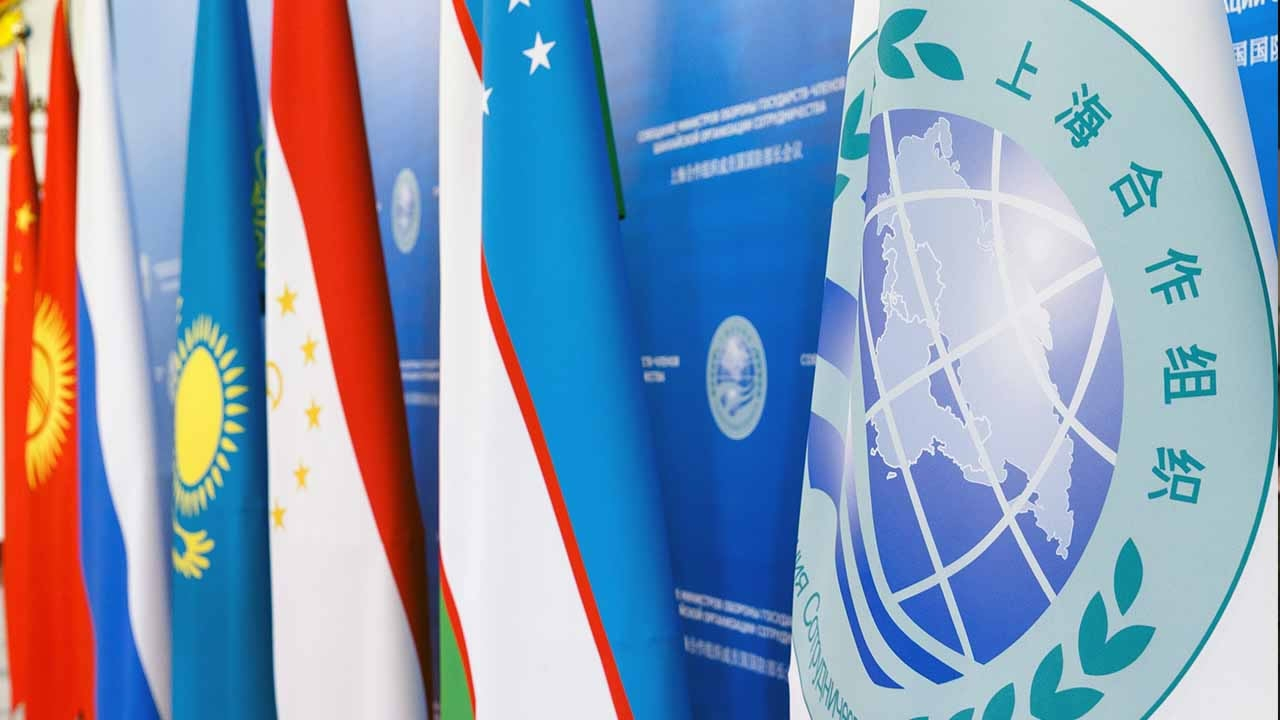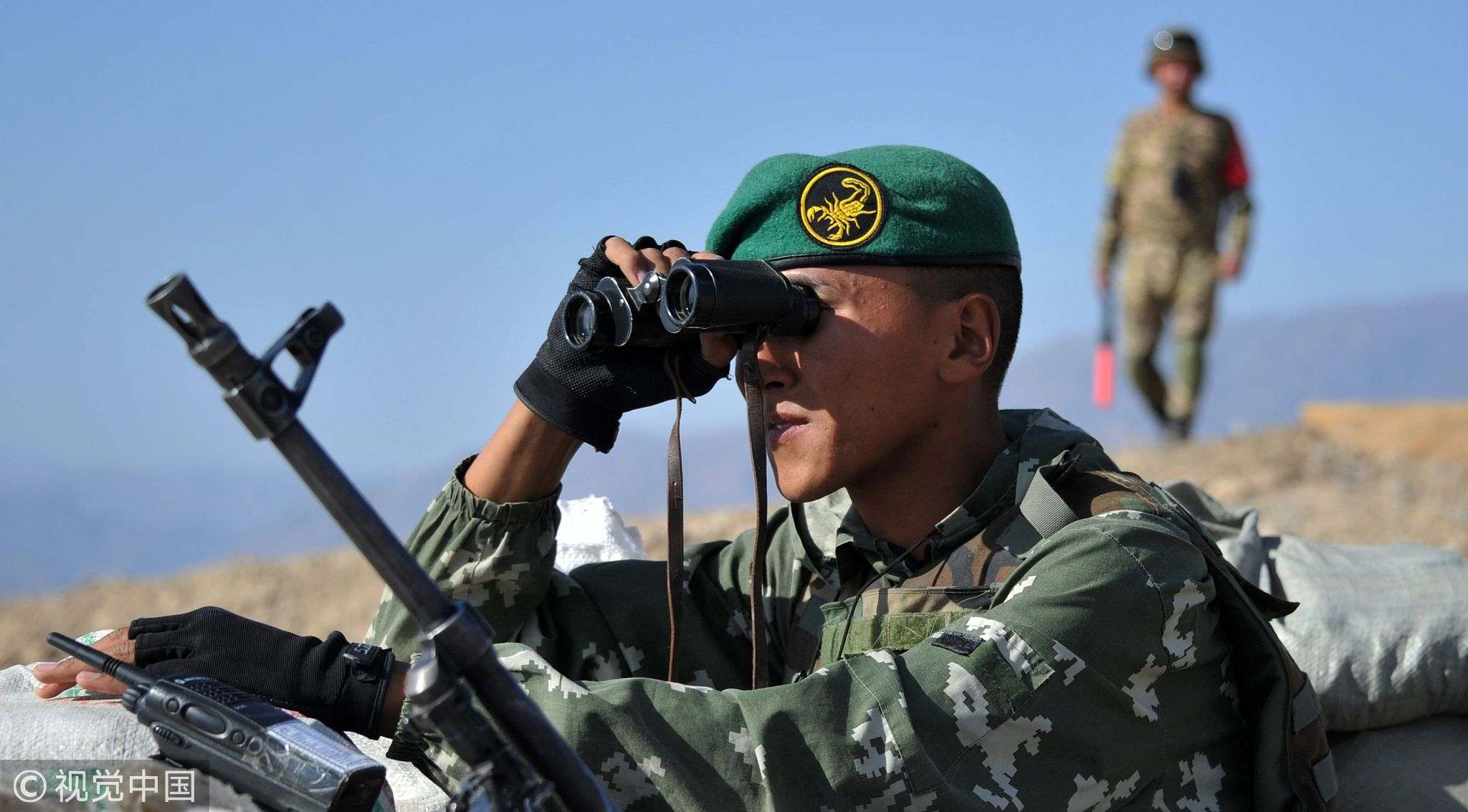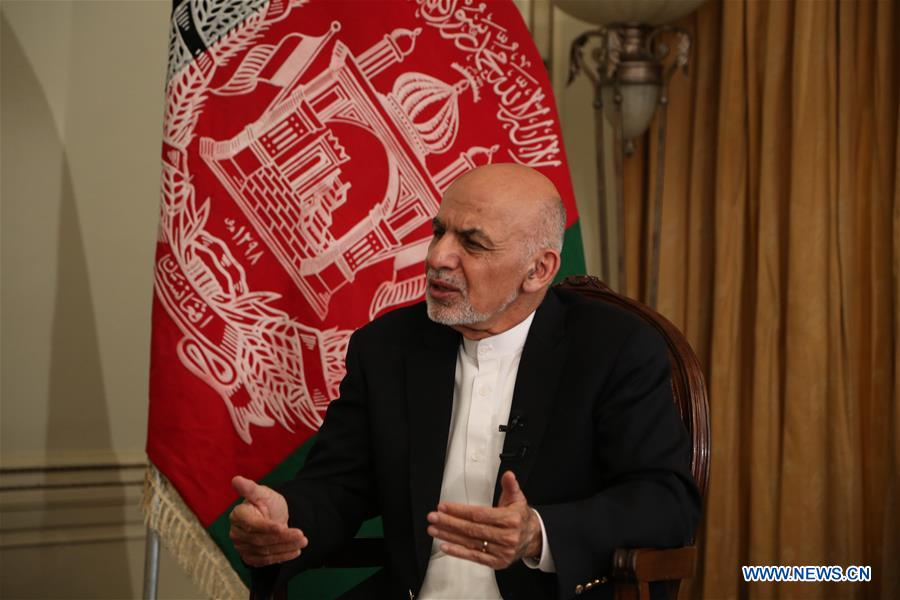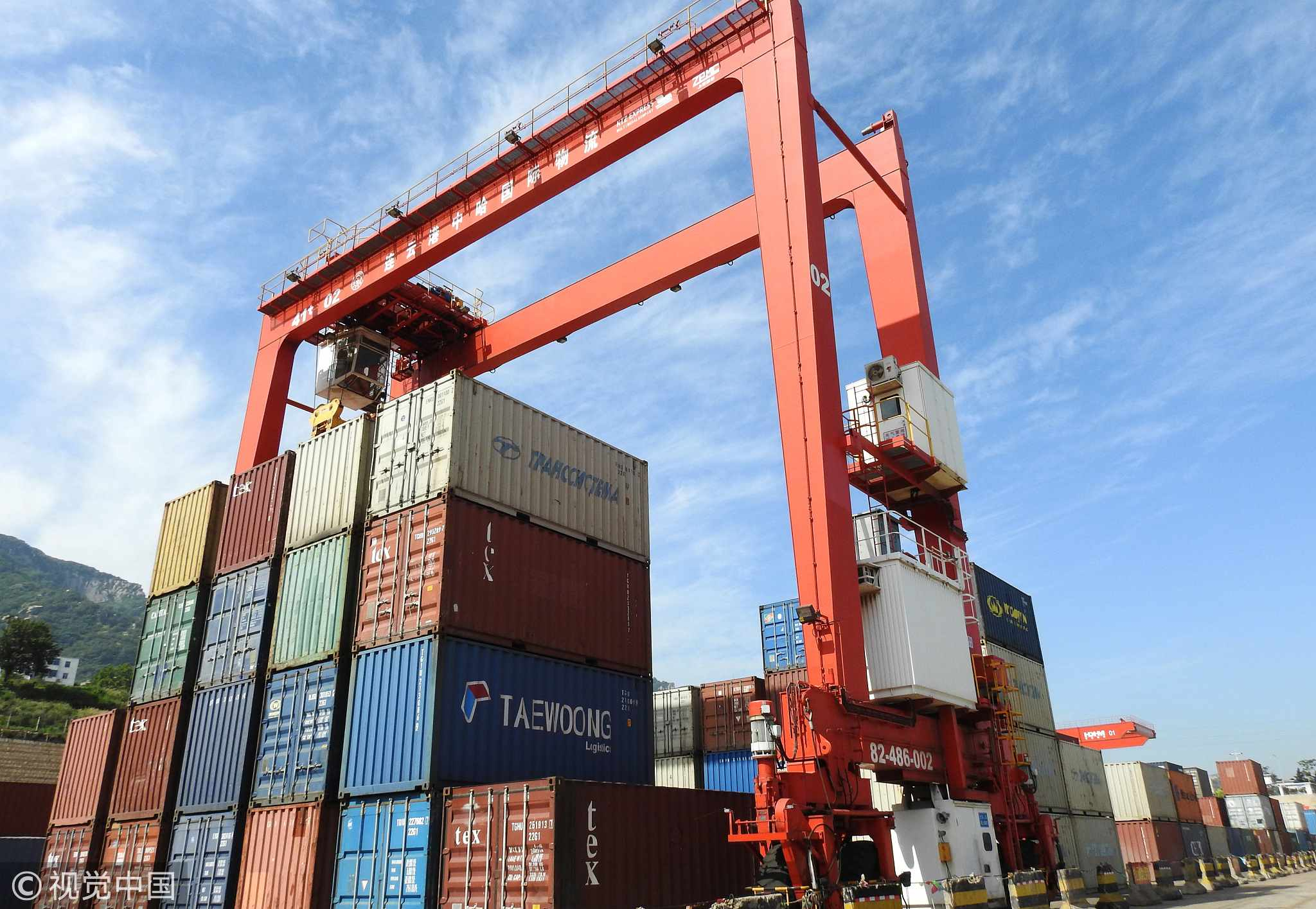
Opinion
20:20, 17-Apr-2019
SCO – a bearing structure for future world order
Updated
21:29, 17-Apr-2019
Vladimir Norov

Editor's note: Vladimir Norov is Secretary-General of the Shanghai Cooperation Organization (SCO). He is also former Minister of Foreign Affairs of the Republic of Uzbekistan (2006-2010) and Ambassador to Benelux countries, head of the mission of the Republic of Uzbekistan in the EU and NATO (2013-2017). This article is an excerpt from his keynote speech on the 14th meeting of SCO Forum on April 17 in Beijing. It reflects the author's opinion, not necessarily the views of CGTN.
The Shanghai Cooperation Organization (SCO) has passed a consistent path of formation and in a relatively short historical period has demonstrated an effective model of multilateral cooperation based on mutual trust, equality, harmonious coexistence of different cultures and civilizations.
With the entry of India and Pakistan, the SCO has become the largest regional structure in the world, covering 60 percent of Eurasia's territory with a population of over 3.2 billion people, and the SCO member states produce almost a quarter of global GDP.
The current global trends, the heightening of geopolitical tensions, the complex nature of threats and challenges, in fact, require collective efforts to create a more fair and polycentric model of the global structure. And SCO is becoming a bearing structure for future world order.
Voluntary membership, equality of participants, a consensus model of decision-making formed an attractive image of the SCO, gave it attractive force. The entry of India and Pakistan into the SCO, as well as the desire of many countries to become members of the organization, are an indicator of its growing prestige in the world.
The experience of the SCO can be considered as the first in the history of building an equal partnership of unbalanced, multi-scale states with different economic and political potential, cultural and civilizational features.
Despite the growing challenges and threats, tensions in several parts of the world, the SCO region, has maintained stability due to effective security cooperation. Over these years, through joint efforts, we managed to create a solid legal base and effective mechanisms of interaction.
Fight against 'three evils'
First of all, practical work is being conducted on the basis of the SCO Regional Antiterrorist Structure (RATS), which demonstrates significant results in countering terrorism, separatism and extremism. In order to improve practical skills, joint anti-terrorism exercises are conducted through law enforcement agencies and the armed forces.

A Kyrgyz soldier looks through binoculars during Peace Mission-2016 joint military exercises of the SCO in the Edelweiss training area in Balykchy some 200 km from Bishkek. September 19, 2016. /VCG Photo
A Kyrgyz soldier looks through binoculars during Peace Mission-2016 joint military exercises of the SCO in the Edelweiss training area in Balykchy some 200 km from Bishkek. September 19, 2016. /VCG Photo
A significant place in the activities of the SCO is the problem of information security. If we talk about the facts, over the past years, in the framework of countering the use of the Internet for terrorism and extremism purposes, the RATS SCO has limited access to 80,000 Internet resources containing 500,000 materials and stopped the activities of 360 participants in Internet communities related to terrorism and religious extremism.
Contribute to global anti-drug efforts
The SCO continues to make a significant contribution to global anti-drug efforts. Over the past five years, the competent authorities of the SCO member states have seized about 40 percent of the total amount of heroin and marijuana confiscated throughout Eurasia. And this demonstrates the great potential of the SCO in the fight against drug trafficking and the desire of its member states to fully fulfill their international obligations.
Restore peace in Afghanistan
Among the topical issues on the international agenda of the SCO is to restore peace and stability in Afghanistan. In 2018, meetings of the SCO-Afghanistan Contact Group were held in Moscow and Beijing, which made an important contribution to common efforts at the inter-regional and international levels. A regular meeting of the Contact Group will be held in Bishkek soon, where the draft roadmap for further action by the SCO Contact Group Afghanistan will be discussed.
In addition to facilitating the negotiation process, member states provide substantial material and technical assistance to Afghanistan, especially with regard to infrastructure and railway construction. Besides, hundreds of Afghan students go to universities in member states.

Afghan President Mohammad Ashraf Ghani said that SCO is an important platform for anti-terrorism cooperation in an interview with Xinhua News Agency in Kabul, capital of Afghanistan, on June 7, 2018. /Xinhua Photo
Afghan President Mohammad Ashraf Ghani said that SCO is an important platform for anti-terrorism cooperation in an interview with Xinhua News Agency in Kabul, capital of Afghanistan, on June 7, 2018. /Xinhua Photo
Explore the economic potential
As the key goals and objectives of the SCO economic agenda, the SCO Charter provides for the promotion of comprehensive and balanced economic growth, social and cultural development in the region.
The current regulatory framework of the SCO in the economic sphere consists of 122 documents.
The interaction between relevant ministries and departments has been established, the SCO Business Council and the Interbank Association have been created.
In recent years, transport, energy, e-commerce, information and communication technologies, tourism, agriculture, banking and finance are considered as priority areas for the organization, with the prospect of expanding the use of national currencies in trade and investment activities. Despite that, the real effect of the economic activities of the SCO is not so obvious and the aggregate economic potential is still open to exploring.
In this regard, member states need to tackle a whole range of tasks to simplify trade rules and facilitate the unhindered flow of investment in the SCO region. The total size of the national economies of the SCO members is more than 20 percent of world GDP. The International Monetary Fund predicts that by 2020 it will already be 35 percent. With such an impetus, the economies of the SCO member countries may increase to 38-40 percent by 2025. This pace is impressive, given today's mixed trends in the global economy.

Logistics base of a China-Kazakhstan cooperation project, in Lianyungang, east China's Jiangsu Province, on May 31, 2018. /VCG Photo
Logistics base of a China-Kazakhstan cooperation project, in Lianyungang, east China's Jiangsu Province, on May 31, 2018. /VCG Photo
These facts show the enormous opportunities that we have. Taking into account the unfavorable situation in the world market and growing protectionism on a global scale, it becomes clear how necessary it is to work together in the framework of the SCO.
At the same time, it is important to bear in mind the interests and priorities of each member and to integrate approaches in the interests of the economic activities of the organization.
The 19th SCO Summit, which will be held in June 2019 in Bishkek, is now under preparation. The leaders of the SCO countries will consider the priorities for the further development of the Organization, as well as current international and regional issues. A number of important decisions and documents will be adopted that, I believe, will contribute to the further development of multifaceted cooperation within the SCO framework.
(If you want to contribute and have specific expertise, please contact us at opinions@cgtn.com)

SITEMAP
Copyright © 2018 CGTN. Beijing ICP prepared NO.16065310-3
Copyright © 2018 CGTN. Beijing ICP prepared NO.16065310-3